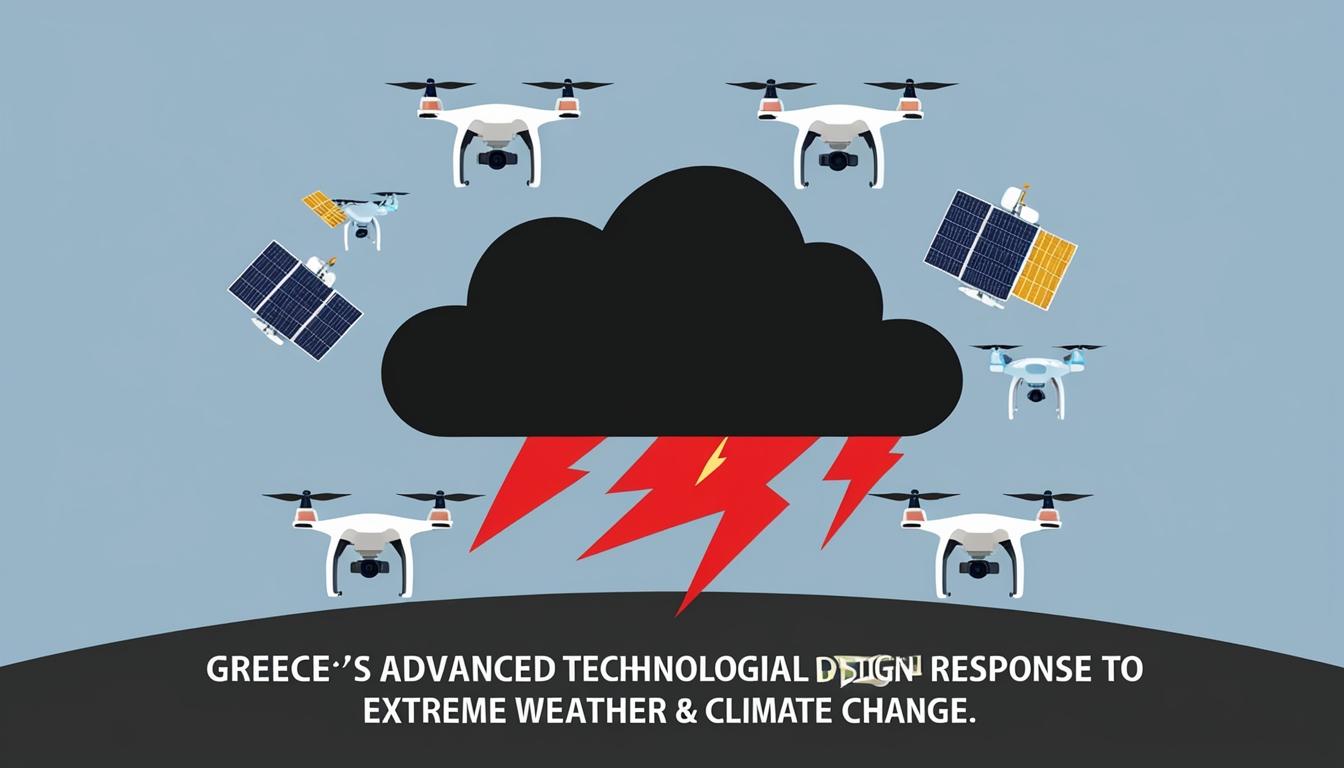Greece is currently navigating an intense bout of severe weather, exacerbated by the effects of climate change, prompting a significant technological response focused on improving storm forecasting and emergency preparedness. The orchestrated effort involves the integration of advanced technologies, including Artificial Intelligence (AI) and machine learning, which have begun to reshape how meteorologists and climatologists operate in this Mediterranean nation.
In this context, organisations such as the National Observatory of Athens are at the forefront, employing sophisticated AI algorithms to refine traditional weather forecasting methods. According to experts in the field, these advanced technologies allow for not only the prediction of storm paths but also an assessment of their intensity and potential impact. As noted by sources, "this technology allows for earlier warnings and more precise forecasts, crucial in minimising the damage caused by severe weather events."
The power of AI is further augmented by the use of drone and satellite technology, which supplies critical real-time data to enhance situational awareness. Drones can gather aerial information and satellites offer expansive imagery, thereby providing a comprehensive perspective on storm development. This synergy proves invaluable for emergency services as they prepare their responses during these tumultuous weather events.
However, integrating these advanced technologies does present certain challenges, particularly in areas of data accessibility and community readiness. Efforts are currently underway to address these hurdles, focusing on infrastructure development and community-based training programmes to ensure that regions most affected by storms can effectively utilise these innovations.
The implications of these technological advancements are notable. Enhanced forecast accuracy leads to proactive planning that has the potential to reduce both fatalities and economic losses associated with extreme weather. Furthermore, the real-time collection of data leads to more rapid emergency responses, which are vital for public safety. Nonetheless, the high costs associated with implementing and maintaining such sophisticated systems pose significant barriers, alongside the challenge of ensuring equitable access across diverse geographic and socio-economic regions.
Looking ahead, the successful application of these technologies in Greece could well set a benchmark for other nations grappling with the impact of climate change on weather patterns. As AI and drone technologies continue to evolve, the expectation is that they will lead to even more precise forecasting abilities and responsive emergency systems on a global scale.
The initiatives being undertaken in Greece are indicative not just of immediate benefits but also align with a broader sustainability agenda aimed at tackling ongoing climate-related challenges. Investment in these technological frameworks not only protects current populations but also lays the groundwork for future resilience against nature's unpredictability. For more comprehensive insights into these innovations and Greece’s ongoing projects, the National Observatory of Athens offers a detailed overview of current and future collaborations in climate forecasting.
Source: Noah Wire Services
